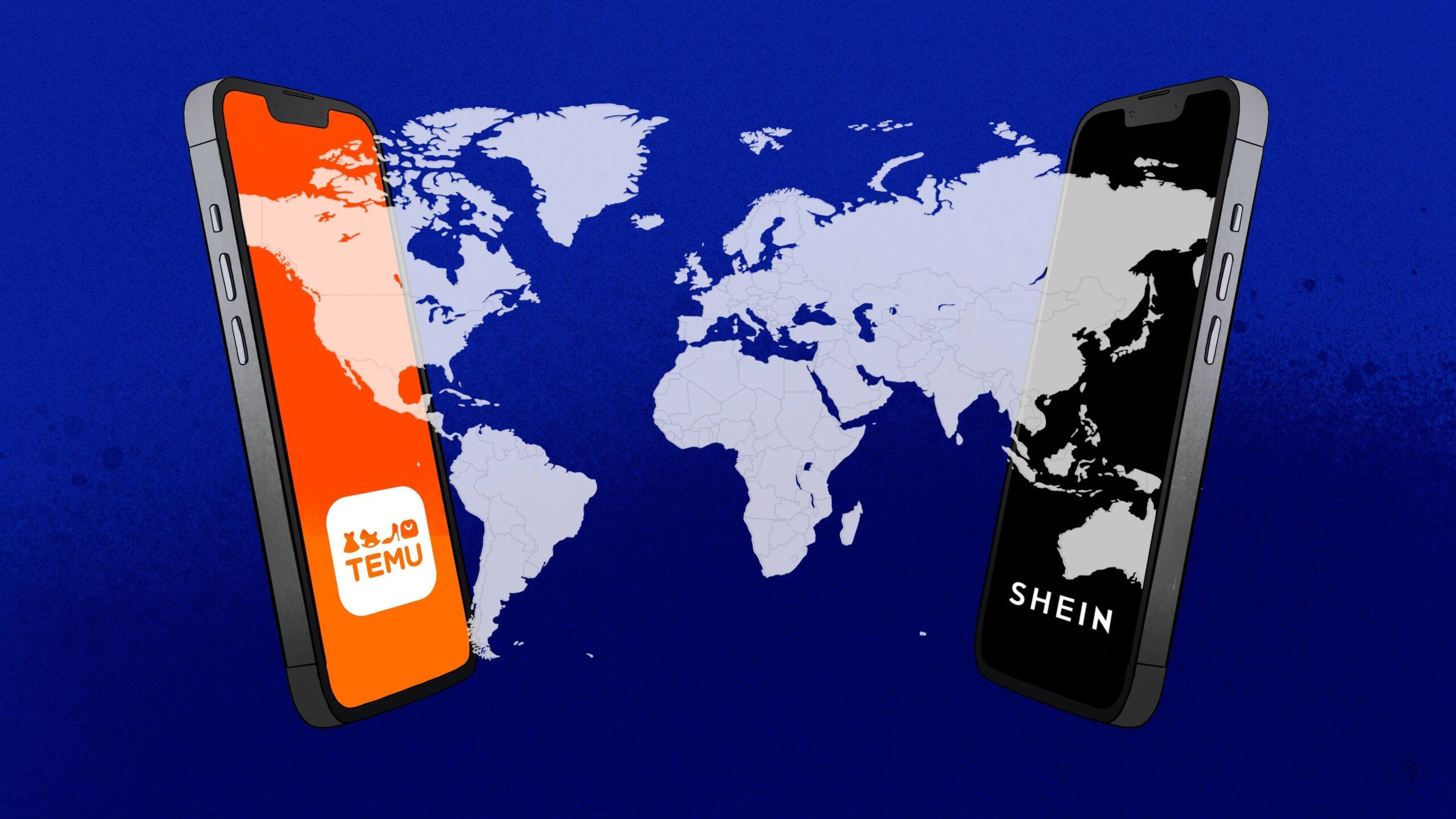Temu and Shein have made their mark in the constantly changing landscape of ecommerce giants as two contenders for the crown when it comes to affordability and acclaim. They have gained attention because of their rapid growth in the field and also for their affordable products. But, like any other comparison, it’s essential to look deeper into the nuances of their business strategies to truly understand whether Temu is similar to Shein, or if they’re different two players in the realm of e-commerce.
The rise of temu, and shein
Temu’s rise to prominence has definitely drawn parallels to the success story of Shein. Both businesses are experiencing rapid expansion and have gained the attention of budget-conscious shoppers. The price is what makes them so appealing. They allow consumers to have a fashionable look without spending a fortune. This has caused many to ask what is the difference between Temu & Shein made of identical materials?

Similarities and differences
Temu’s and Shein’s products are similar in the sense that they both provide affordable pricing, however both companies aren’t alike. Temu has an innovative Next-Gen Manufacturing approach, is notable for its substantial cost-savings across various product categories. This model makes use of advanced manufacturing techniques that streamline manufacturing processes, ultimately cutting overhead costs and passing on the advantages to the customers.
However, Shein has gained a reputation for its fast-fashion style with a focus on clothing and related accessories. Its appeal lies that it is always in tune with new trends in fashion while offering a variety of options that satisfy different tastes in fashion. Shein has managed to make a niche for herself by focussing on accessories, fashion and beauty. For more information, click Temu vs Shein
Business models in the spotlight
Temu’s Next-Gen Manufacturing model deserves a closer look. Utilizing advanced technologies such as automated manufacturing, data analytics and AI-driven insight, Temu improves its manufacturing and supply chain processes. This enables them to maintain the quality of their products while reducing costs. The result is that Temu has a wide range of products with competitive prices across a variety of categories, ranging from electronic products to household items. This is different from Shein who concentrates on fashion and its related products.
Shein has a wide array of trends in fashion. However the business model depends on updating inventory constantly in order to keep up with the fashion trends which are constantly changing. This means that design, production and distribution times should be speedy. This is a major reason for its popularity with young audiences who are looking for new and trendy products at affordable costs.
Questions of ownership
The issue of whether Shein owns Temu has created a lot of curiosity. However, this isn’t the case. Temu is an independent entity with a distinct ownership structure. Temu is an independent player in the e-commerce sphere, focused on its own manufacturing process, whereas Shein remains a distinct brand that is renowned for its trendy products.
Takeaway
In the turbulent ocean of e-commerce, it’s easy to draw parallels between two companies with similar growth paths. The story of Temu and Shein highlights that even though they share many similarities there are a lot of distinctions. Their different approaches to business, manufacturing, and market focus emphasize their uniqueness.
Temu’s Next Gen Manufacturing model is an example of innovation in the online retail sector. Temu makes use of technology to improve its processes. This does not just reduce costs, but also improves accessibility to a broad range of product categories. In addition, Shein’s dedication to fashion trends and speedy product turnover cements its position as a leader in the realm of fashion e-commerce.
Temu and Shein are two companies catering to buyers who are budget-conscious. However, the landscape of ecommerce is completely different. Both companies cater to shoppers who value their money However, their strategies, business models and specializations differ substantially. Temu’s manufacturing expertise and Shein’s fast-fashion finesse reveal the diversity that thrives within the e-commerce ecosystem. Let’s, as shoppers and online users, appreciate the uniqueness each of these platforms brings to the table and continue exploring the ever-expanding universe of shopping online.